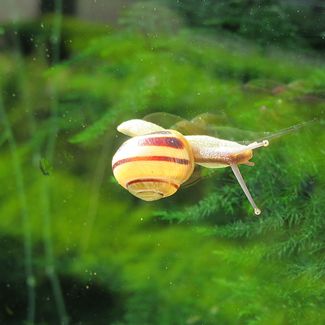
The Address: the future of creativity or something completely different?
Colleen DeCourcy and John Cleese's discussion at Advertising Week Europe on slower creativity will be music to some ears
11 May 2021
Most viewers of the conversation between Colleen DeCourcy, the co-president and chief creative officer of Wieden & Kennedy, and writer-comedian John Cleese at Advertising Week Europe this week will probably have struggled to empathise with the revelation that he’d found his most recent spark of creative inspiration while languishing in the shallow end of his pool on the Caribbean island of Nevis, where he now lives.
Staring at blank magnolia-coloured walls or gawping out the bay window has been the norm for most of us over the past year or so. Cleese, 81, was interviewed to help publicise his 2020 book Creativity: A Short and Cheerful Guide, and DeCourcy was generous enough to laugh along at some of Cleese’s Monty Python tales from the distant past. Cleese, however, seemed to enjoy his own jokes the most.
Nonetheless he made a few interesting points. In particular he stressed that creativity was a process that could not be rushed. “[Creativity]… is not about hurrying,” he said, “If you want to be creative then you want to be in a creative mood.” In an advertising age when ‘speed’ is part of the new management mantra, he might have found a more sympathetic audience amongst the creative community.
Advertising Week Europe is neither a week-long, not particularly European and its interpretation of advertising is probably a bit broader than most, with a particular emphasis on adtech. With a smattering of client marketers and a handful of creatives, among the 130-odd speakers, the sessions inevitably ranged in quality.
But it’s still creditable to the organisers that Advertising Week Europe is still going ahead, given the limitations. And at nearly £100 for a virtual ticket (perhaps revealing what a significant contribution adtech sponsorship makes), it’s also not exactly going to break the bank and there might be a few sessions that make it worthwhile.
What it really needs in the future is to build deeper credibility with the creative community. A good start would be showcasing and celebrating the best of the work, which looks noticeably absent. Otherwise Cleese’s closing words: “If you want to make money, just do what everyone else is doing,” seems to apply to the festival’s organisers as much as the creative community he’d been invited to address.


